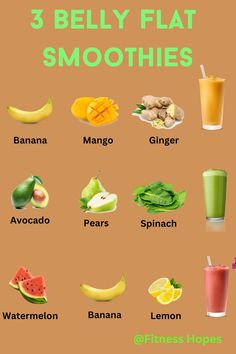Introduction: In our fast-paced lives, it’s easy to overlook the importance of food care – the art of choosing and consuming food mindfully to promote health and well-being. This guide is here to help you navigate the world of nutrition, making informed choices that will not only fuel your body but also satisfy your taste buds.
- Embrace Whole Foods: Whole foods, such as fruits, vegetables, whole grains, and lean proteins, form the foundation of a healthy diet. These foods are rich in essential nutrients, fiber, and antioxidants, providing your body with the tools it needs to function optimally.
- Portion Awareness: Understanding portion sizes is key to maintaining a healthy weight and preventing overeating. Use visual cues or measuring tools to gauge appropriate portion sizes, allowing you to enjoy a variety of foods without excess.
- Hydration Matters: Water is a fundamental component of good food care. Aim to drink at least eight glasses of water a day, and more if you’re physically active. Hydration supports digestion, nutrient absorption, and overall vitality.
- Colorful Plates, Nutrient-Rich Meals: Bring vibrancy to your meals by incorporating a spectrum of colors. Different hues in fruits and vegetables represent diverse nutrients and health benefits. Eating a rainbow ensures you get a variety of vitamins, minerals, and antioxidants.
- Mindful Eating Practices: Slow down and savor each bite by practicing mindful eating. Turn off distractions, chew your food thoroughly, and pay attention to your body’s hunger and fullness cues. This not only enhances your dining experience but also helps prevent overeating.
- Meal Prep for Success: Set yourself up for nutritional success by planning and preparing your meals ahead of time. Having nutritious options readily available reduces the temptation to resort to less healthy choices during busy moments.
- Limit Processed and Sugary Fare: Processed foods and excessive sugars can contribute to health issues. Minimize your intake of sugary snacks and highly processed items, opting for whole, real foods instead. Your body will thank you for the nourishment.
- Balanced Nutrients for Energy: Create well-rounded meals that include a mix of carbohydrates, proteins, and healthy fats. This balance provides sustained energy, stabilizes blood sugar levels, and keeps you feeling satisfied between meals.
- Treat Yourself in Moderation: Indulge in your favorite treats occasionally. Depriving yourself entirely can lead to cravings and binge-eating. The key is moderation – savor the moment and return to your balanced eating routine.
Conclusion: Food care is a lifelong journey, and by incorporating these simple yet effective tips, you can cultivate a healthy and sustainable relationship with the food you eat. Remember, it’s not about restrictive diets but about making informed choices that nourish your body and contribute to your overall well-being. Cheers to a healthier, happier you!
